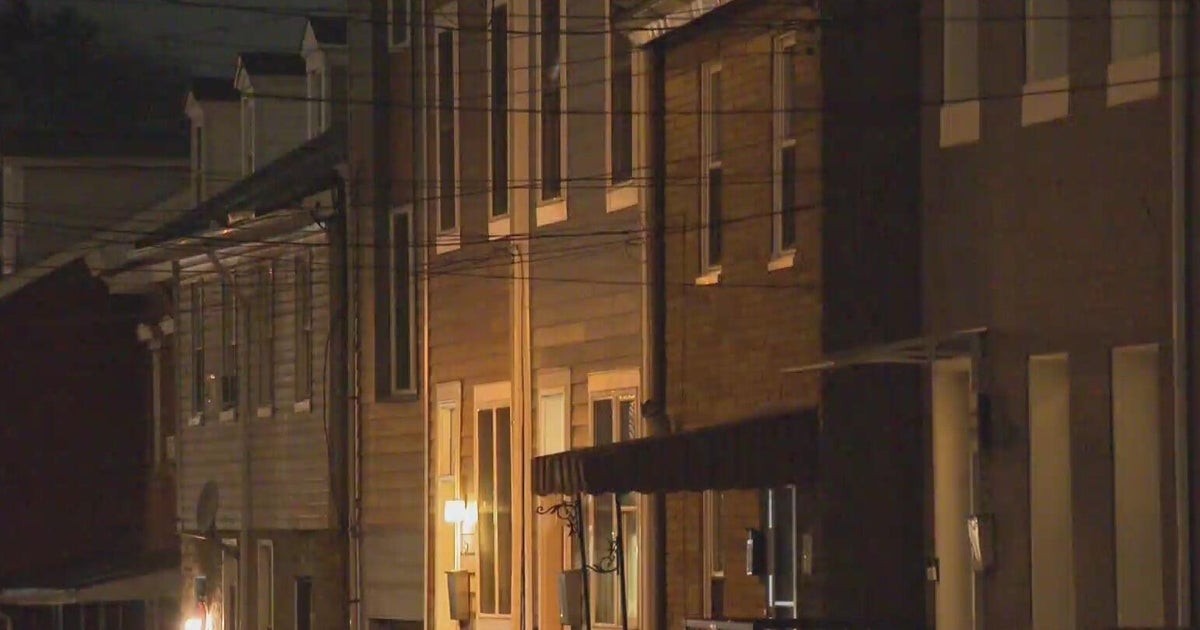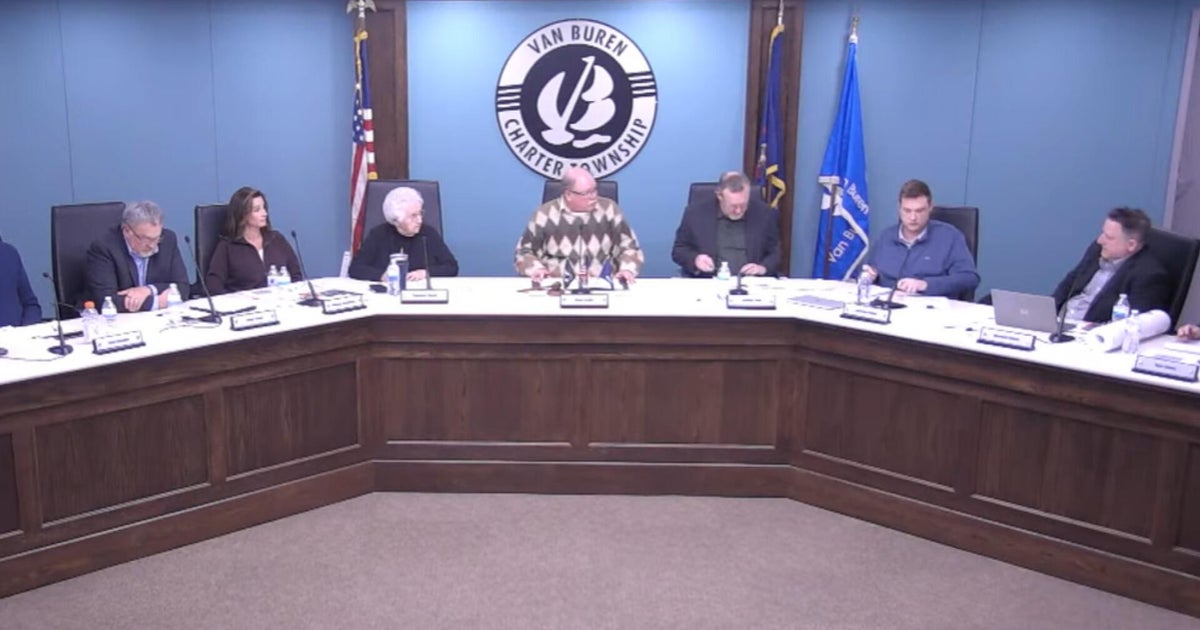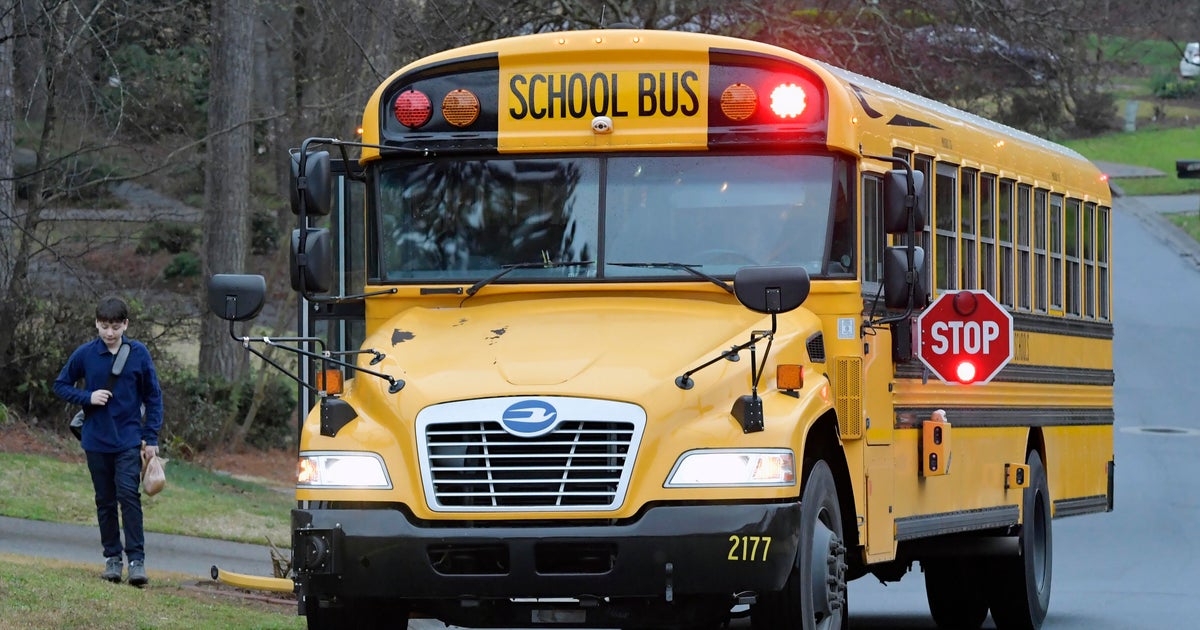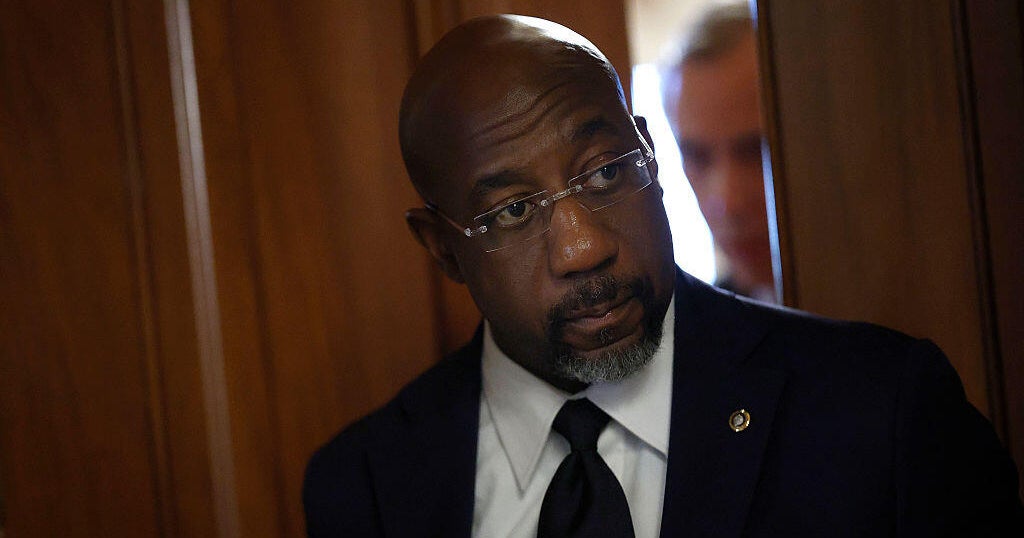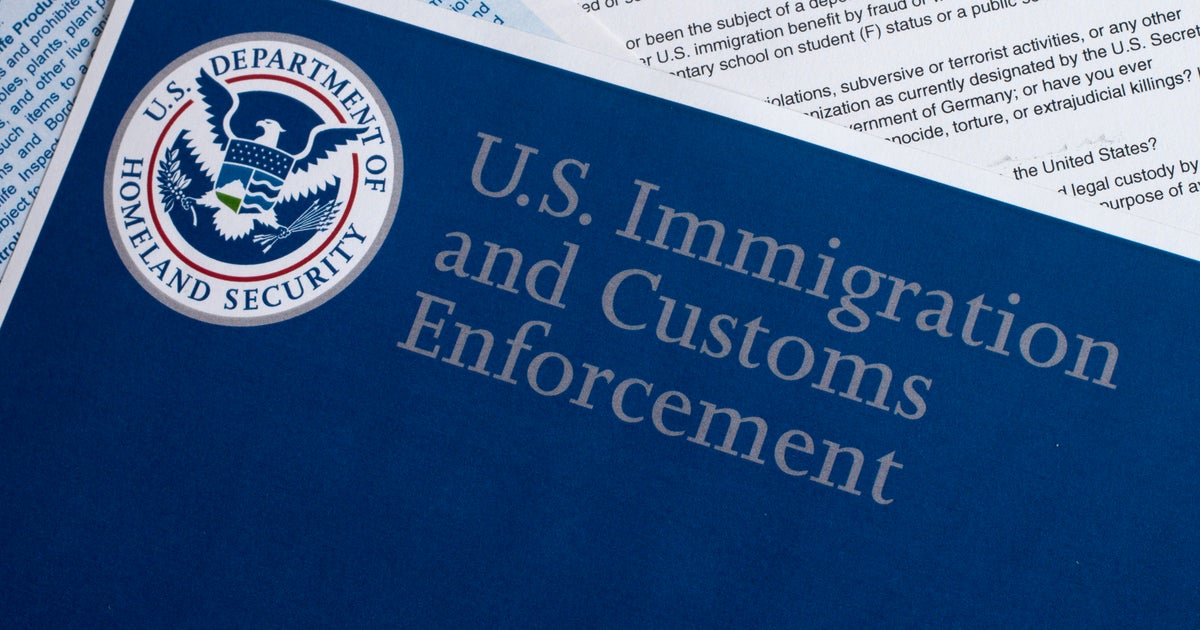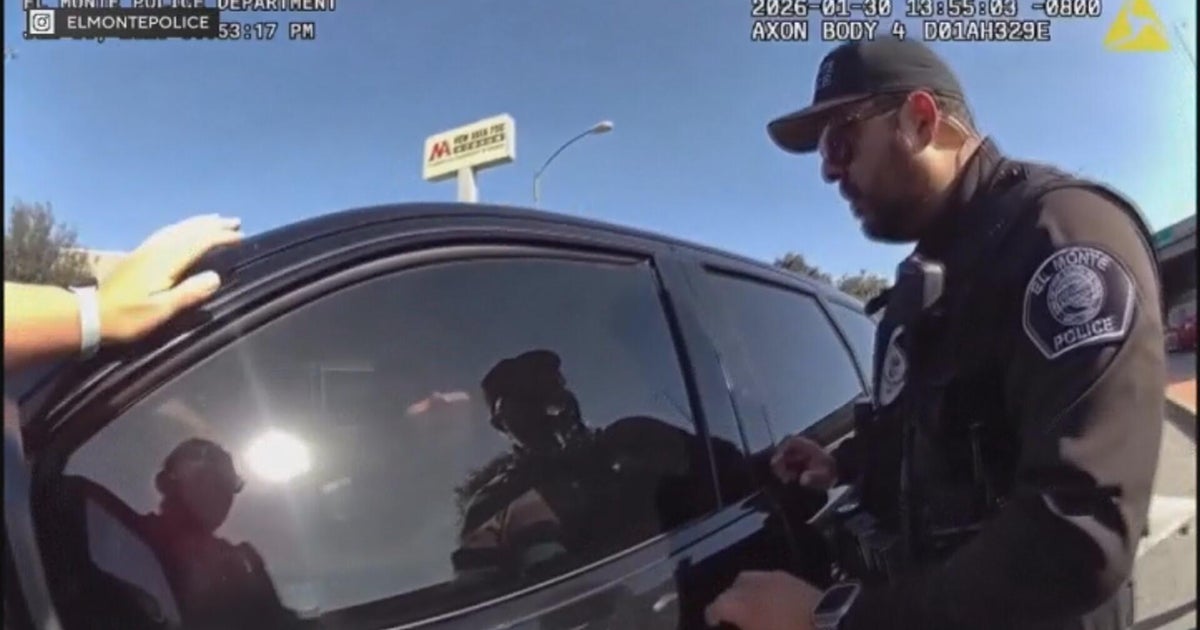Texas Voters Approve 7 Constitutional Amendments
AUSTIN (AP) - Texas voters approved seven constitutional amendments Tuesday that will allow new cooperation between cities and counties, give the governor more power to issue pardons and borrow more money for student loans.
With less than 5 percent of voters turning out to cast ballots, voters approved Proposals 1, 2, 3, 5, 6, 9 and 10, according to unofficial results from the Texas Secretary of State's office. But Texans rejected Propositions 4, 7 and 8, measures that would have allowed counties to issue development bonds in the same way that cities do now, give El Paso new borrowing authority and provide property tax exemptions for land used for water conservation purposes.
The results demonstrated the desires of many for more education funding and help for veterans, but also the power of conservative groups to oppose efforts to expand government borrowing or increased tax exemptions in other areas.
"There was a great deal of suspicion on Proposition 2 (when compared to the margin by which the other measures passed)," said Michael Quinn Sullivan, president of Texans for Fiscal Responsibility, which opposed many of the spending measures. "It was nice to see the El Paso bond measure going down; it was an interesting mix of items that were passed."
Conservative groups opposed Proposed 4 because it would have expanded the ability of counties to issue bonds to finance the development of unproductive, underdeveloped or blighted areas, while pledging repayment with property tax revenues. Critics argue that the amendment would expand transportation reinvestment zones to counties, which could clear the way for new toll roads.
Proposition 7, which would have given El Paso more borrowing authority ran into the same opposition. The measure would have allowed the county to use property taxes from newly created conservation and reclamation districts to develop and maintain parks and recreation facilities.
Voters rejected Proposition 8, which would have given property owners the ability to opt out of agricultural or wildlife conservation exemption and instead get the water conservation tax exemption. The proposal has been hailed as one of the few measures approved by the Legislature last session that received bipartisan support almost every step of the way despite an increasingly acrimonious political environment that has largely divided lawmakers along party lines.
But critics affiliated with the tea party movement opposed the measure, saying it would shift the burden of the cost of local government to the shoulders of others in the community.
The same groups opposed the constitutional amendments for other spending measure, but voters overwhelming supported the other propositions.
Proposition 1 allows the surviving spouses of all disabled veterans to continue claiming an exemption from state property tax after the veteran dies. Until now, a widow or widower had to resume paying the property tax after her or his disabled spouse died.
In the midst of one the most severe droughts in Texas history, Proposition 2 enables the state to create a revolving $6 billion bond package to finance water conservation, and sewage and flood-control projects. Supporters, including The Nature Conservancy and some in the oil and gas industry, said the increased bonding authority for the Texas Water Development Board is necessary to update water utilities and to pay for the state water plan.
The Higher Education Coordinating Board will now be able to finance low-interest student loans with government bonds, since Proposition 3 passed. Supporters argued that the plan was necessary because budget cuts to financial aid programs at the state and federal level would likely increase the demand for fixed-rate loans. Public schools could get more money from the state's Permanent School Fund after voters approved Proposition 6. The state will now recalculate the formula by which funds from the endowment are distributed.
Proposition 5 authorizes the Legislature to allow cities and counties to enter into contracts with other cities and counties without triggering a property tax, a measure that is expected to save local government millions.
The Texas governor will be able to grant a pardon, reprieve or commutation of punishment to a person who completes a sentence of deferred adjudication under Proposition 9. The records could only be cleared on the written recommendation and advice of the Board of Pardons and Paroles.
Proposition 10 allows local elected officeholders an extra 30 days before triggering automatic resignation if they become a candidate for another office. The change was made to accommodate a change in the state's filing deadlines.
(© Copyright 2011 The Associated Press. All Rights Reserved. This material may not be published, broadcast, rewritten or redistributed.)

